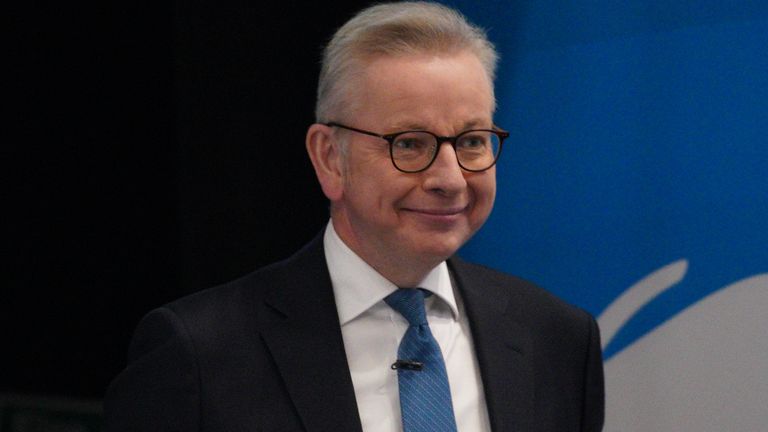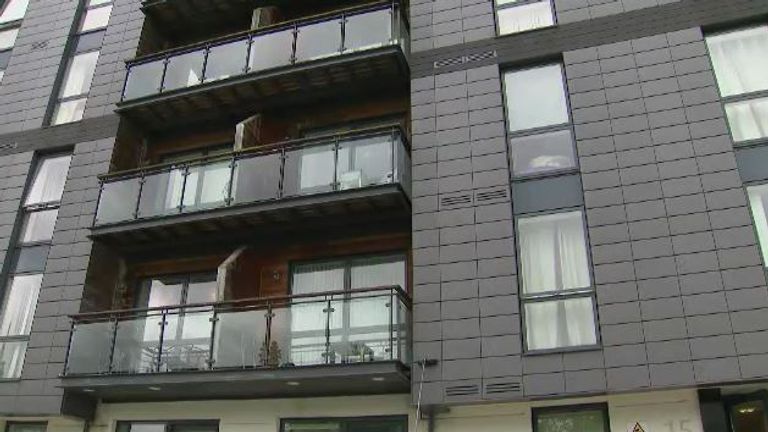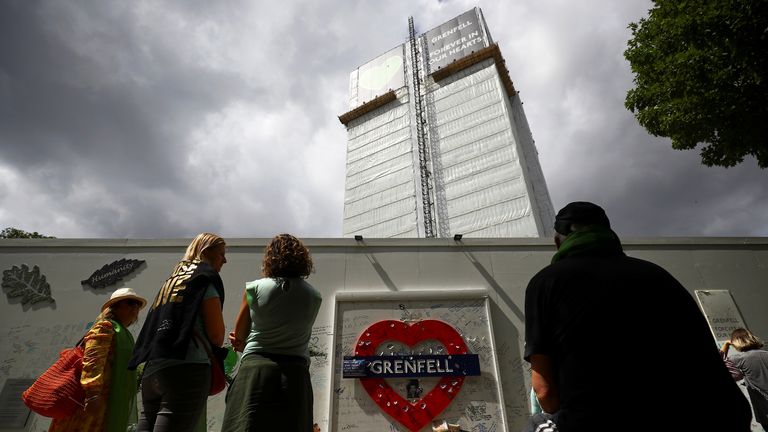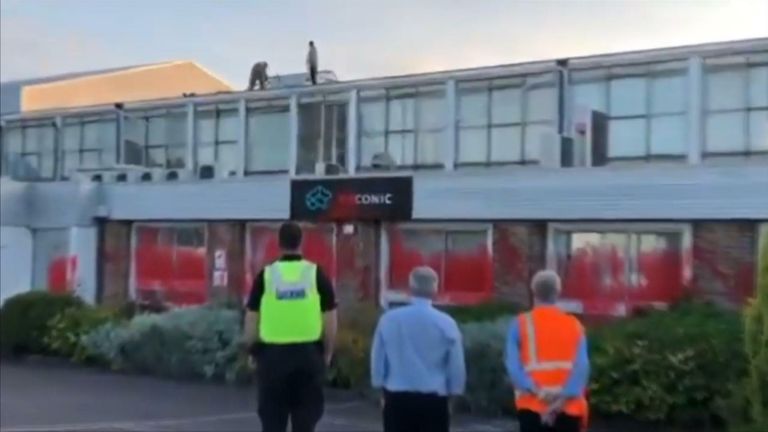
Michael Gove has confirmed the government will “pause” plans to make leaseholders pay to make cladding safe as he questioned why they have to pay “at all”.
The housing secretary also said the government “failed people at Grenfell”, in reference to the fatal 2017 west London fire, and did not always appreciate the importance of fire safety.
It was Mr Gove’s first appearance at the Housing, Communities and Local Government Committee since taking over the housing brief in September’s reshuffle.
Asked who should pay for the work required to make buildings with cladding safe, Mr Gove confirmed he would “pause” plans that mean leaseholders have to take out loans to pay for remediation work.
“We have a responsibility to relieve some of the obligations faced by leaseholders at the moment, who are innocent parties in this and who are being in many cases asked to pay disproportionate sums when there are individuals in business – some still in business – who are guilty men and women,” he said.
“I’m still unhappy with the principle of leaseholders having to pay at all, no matter how effective a scheme might be in capping their costs or not hitting them too hard at any one time. My question is why do they have to pay at all?”
Mr Gove added that it was his intention to provide support for dealing with other fire safety issues, which can often be even more expensive than replacing unsafe cladding.
The housing secretary’s predecessor, Robert Jenrick, earlier this year authorised a £3.5 billion fund to remove unsafe cladding from buildings over 18 metres.
But leaseholders of buildings between 11 and 18 metres were only offered a loan scheme that Mr Jenrick said would mean they did not have to pay more than £50 a month for unsafe cladding removal.
Many Tory backbenchers at the time were infuriated by the decision, saying it is not fair to make leaseholders foot the bill, with some already facing financial ruin due to the costs.
Mr Jenrick defended the scheme, saying the risk of a fatal fire “is four times higher in a building over 18 metres”.
But his successor has taken a different stance, with Mr Gove adding: “We collectively – the department, some in local government, others in the private sector – failed people at Grenfell and there are people who were and still are in buildings where there is a significant risk.”
As the Grenfell Inquiry turns its attention to the government’s role in the disaster, Mr Gove said his department “will be seen to have, on a couple of occasions, not necessarily appreciated the importance of fire safety and not necessarily done everything in the wake of the Lakanal House tragedy that it should have done”.
The 2009 fire at Lakanal House in Camberwell, southeast London, resulted in six deaths and at least 10 injuries.
The first report from the Grenfell Inquiry, currently being conducted by retired judge Sir Marton Moore-Bick, found lessons from Lakanal had not been learned by the time of the Grenfell disaster eight years later.
Mr Gove also hit out at developers who built the blocks caught up in the building safety crisis, saying: “The sheriff or sheriffs might not have been on the ball, but the cowboys were behaving like cowboys in an unregulated way.
“It would seem to me that developers and construction product manufacturers, if they say that they are squeaky clean, they’re wrong.
“What we have seen so far from the inquiry, it would seem to me that at the very least developers have to ask whether or not they were engaging in, quotes, ‘value engineering’, in other words seeking to reduce costs in a way which not just with the benefit of hindsight but at the time people would have known was putting cost reduction ahead of safety.”









More Stories
Inspiring Change: Michael Bates Path to Entrepreneurship and Giving Back
Climate Token YES WORLD is now available for trading on top crypto change LaToken
An Exclusive Interview with the Young & Dynamic Entrepreneur, Roberto.